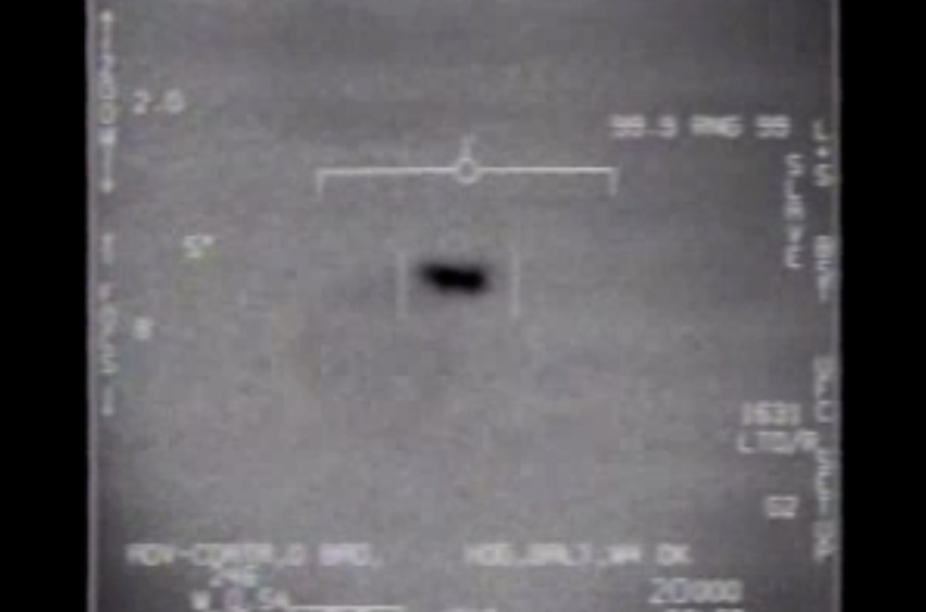In this episode of The Conversation Weekly we look at the U.S. Office of the Director of National Intelligence’s report on unidentified aerial phenomena and explore the cultural history and scientific taboo around UFOs. And three months after rebels killed the president of Chad in central Africa, we talk to experts about the balance of power there.
When it finally dropped on June 25, the report on unidentified aerial phenomena didn’t mention the word extraterrestrial. And nobody had expected it to. Still, ufologists were excited that this official US government report might give them a signal or evidence of other-worldly explanations for mysterious sightings by navy pilots over the past few decades.
In this episode, Chris Impey, university distinguished professor of astronomy at the University of Arizona, talks us through what the government report actually reveals. And he explains why doing serious research into UFOs has been such a taboo for scientists fighting against the link between UFOs and conspiracy theories. “Guilt by association for a lot of scientists is just enough that they won’t want to go there,” Impey says. The report may move the needle a bit, he tells us, “but not substantially.”
Greg Eghigian, professor of history at Penn State University, gives us a cultural history of UFOs. He explains how the American obsession with them began in the late 1940s in the US and then spread around the world. “It’s always been global,” says Eghigian. “Different governments across the world have at different periods of time investigated this or had dedicated UFO desks.”
And in our second story (27m54s), we head to Chad in central Africa. When the country’s long-serving president, Idriss Déby was killed suddenly by rebels in April, his son, a general, took charge of a transitional military council promising to hold new elections within 18 months.
Line Engbo Gissel, associate professor of global political sociology at Roskilde University in Denmark and Troels Burchall Henningsen, assistant professor at the Royal Danish Defence College recently published research on how Chad’s political elite have retained their grip on power. They talk to us about why the legacy of this “gatekeeper politics” will live on beyond Déby.
And Naomi Joseph, arts and culture editor at The Conversation in London, gives us some recommended reading (40m10s).
This episode of The Conversation Weekly was produced by Mend Mariwany and Gemma Ware, with sound design by Eloise Stevens. Our theme music is by Neeta Sarl. You can find us on Twitter @TC_Audio, on Instagram at theconversationdotcom. or via email on podcast@theconversation.com. You can also sign up to The Conversation’s free daily email here.
News clips in this episode are from CNBC News, NBC News, CBS News,, Channel 4, Channels Television Network Africa, Reuters, France 24 English, RT and France 24.
You can listen to The Conversation Weekly via any of the apps listed above, our RSS feed, or find out how else to listen here.
This article has been updated to clarify that the report was produced by the Office of the Director of National Intelligence.

